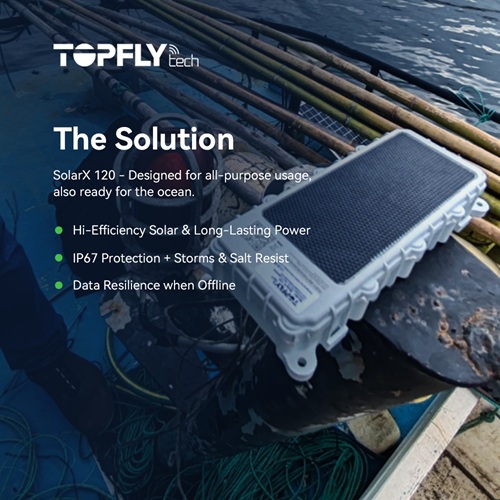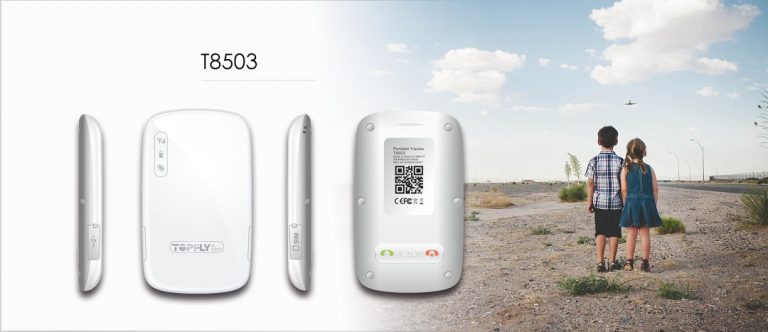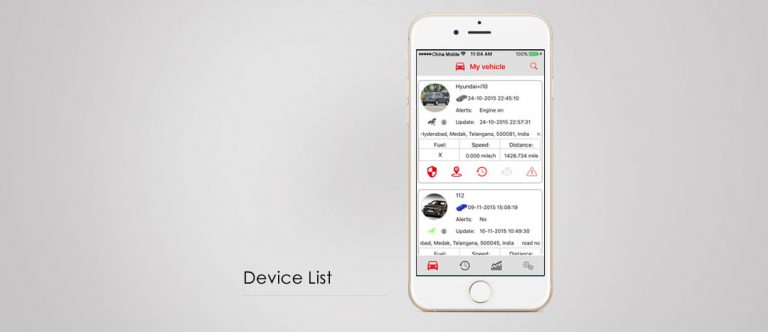The Background of Fishing Boat Tracking
Sustainable marine tracking is not just an environmental goal—it is a regulatory and operational necessity. For maritime organizations, keeping fishing vessels visible at all times is key to preventing illegal fishing, protecting marine resources, and ensuring compliance with international standards.
Yet, traditional GPS trackers often fail in remote waters: batteries drain, devices cannot withstand harsh conditions, and data is easily lost. This case study explores how SolarX 120, our solar-powered GPS device, helped one client overcome these challenges and secure long-term monitoring for fishing fleets.
The Challenge of Fishing Boat Tracking by Clients
One of our client, a maritime organization focused on fleet visibility and resource protection, faced multiple obstacles:
- Extended voyages: Fishing boats could stay at sea for up to 15 days without returning to port.
- Battery limits: Conventional trackers required frequent recharging, which was not practical offshore.
- Harsh environment: Devices needed IP67 durability to resist saltwater, storms, and rough conditions.
- Data requirements: Compliance demanded reliable historical tracking logs for audits and reporting.
With existing solutions falling short, unauthorized fishing was difficult to detect and regulatory risks remained high.
The Solution: SolarX 120 GPS Tracker
The SolarX120 proved to be the perfect fit for maritime operations:
- Solar-powered energy: Ensures continuous operation during long trips without manual recharging.
- IP67 durability: Built to survive water exposure, high humidity, and extreme marine conditions.
- Data storage capability: Stores historical tracking data for compliance checks and operational review.
- Real-time monitoring: Provides accurate vessel positions, enabling proactive oversight.

By combining long-lasting power, rugged design, and data reliability, the SolarX120 met every critical requirement.
Impact and Results
With SolarX120 deployed across the fleet, the client gained:
- Continuous vessel visibility during long offshore operations.
- Improved compliance monitoring against unauthorized fishing activities.
- Valuable historical records for transparent reporting.
- Support for sustainability goals through better resource management.
This not only strengthened regulatory compliance but also built trust with stakeholders—from government authorities to local fishing communities.
Conclusion
The success of this project demonstrates how solar-powered IoT tracking can transform maritime operations. By deploying SolarX 120 GPS trackers, fishing fleets can operate sustainably, confidently, and efficiently—without the recurring issues of battery life or device failure.
For organizations seeking to protect marine resources while maintaining visibility and compliance, solar GPS tracking is a future-proof solution.


